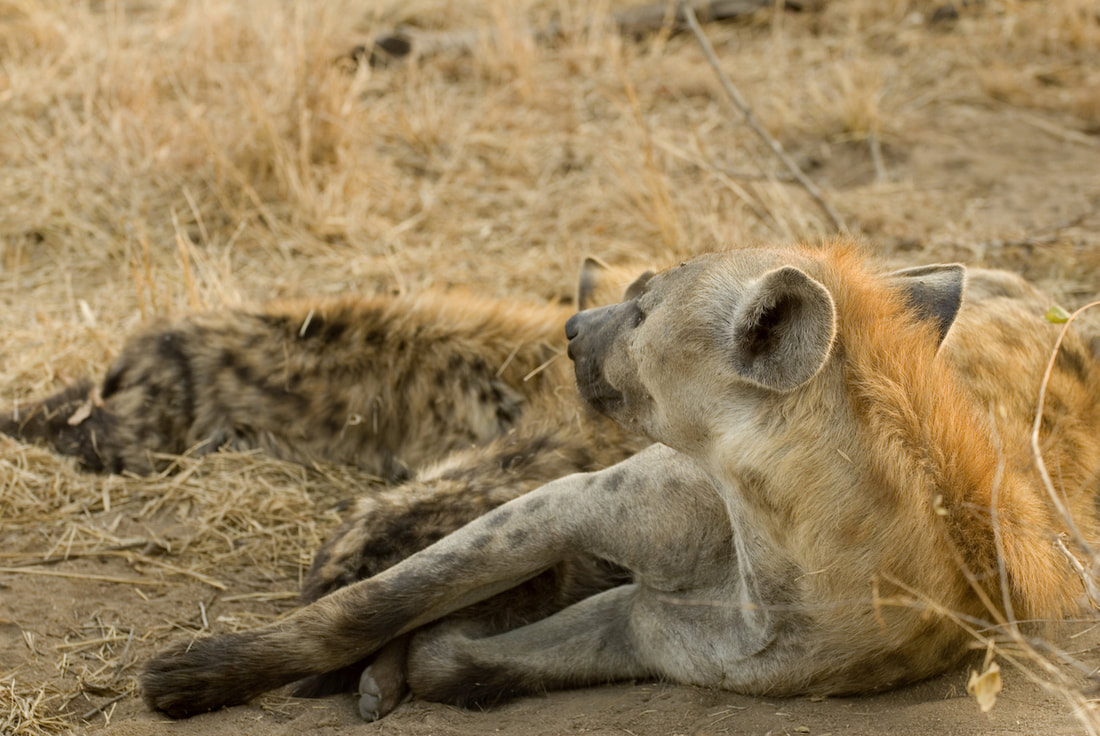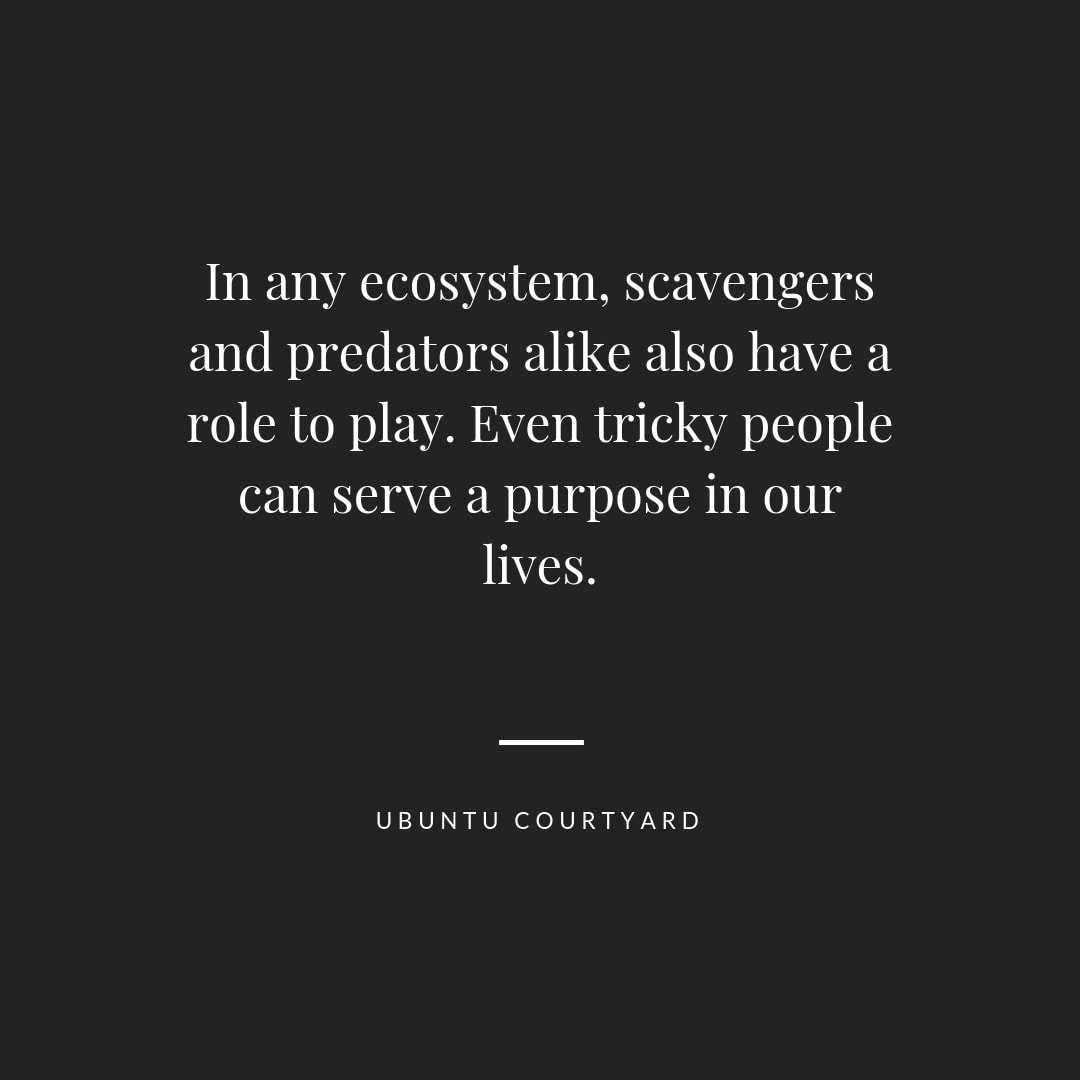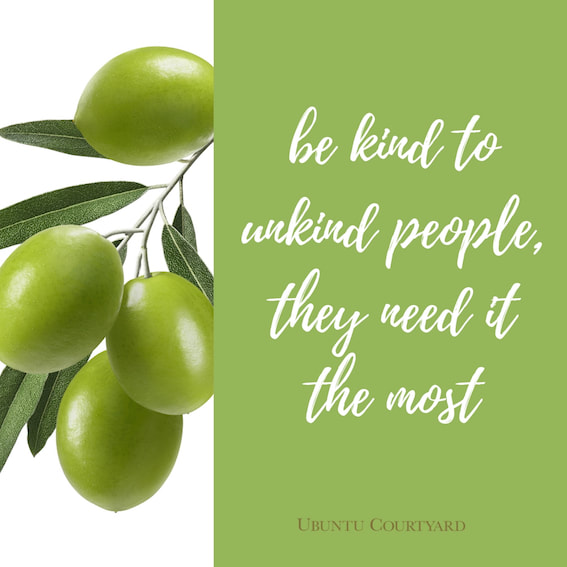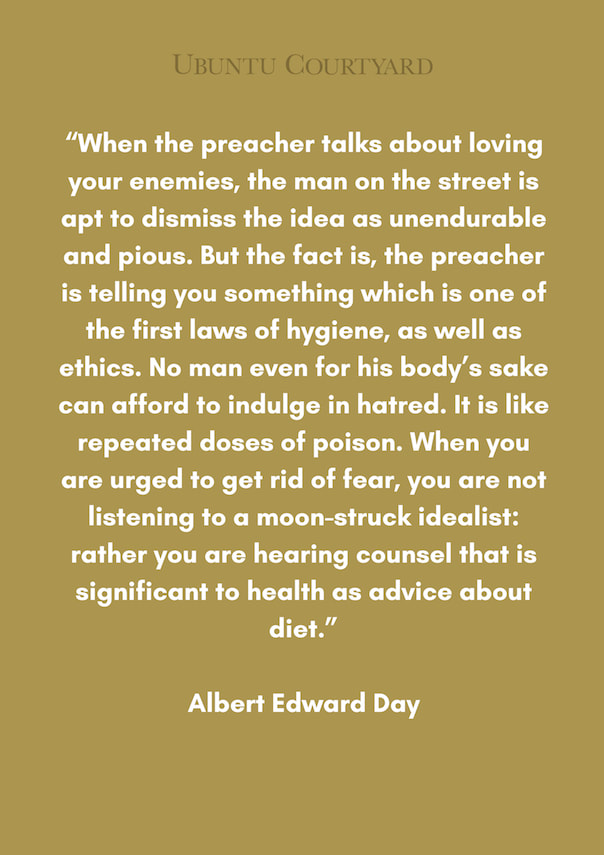Hidden lessons behind the Ethiopian hyena taleBack in September last year, I stumbled upon a documentary featuring Ethiopia as a country with the highest hyena population in the world. Knew that hyenas were on the decline thanks to a charity’s fundraising campaign years ago to save the hyena. Patrons were encouraged to buy stuffed animals and contribute a monthly fee to preserve their existence. The African child in me who grew up hearing nothing but scary stories about hyenas thought they were having a laugh. I’d never heard anything positive about these predators, so I was quite intrigued to see someone going on a mission to explore the world of hyenas. Gordon Buchanan first visited the Bodi tribe and lived with a family who, like most Africans, had a hate-fuelled relationship with the dreaded scavengers. Granted, the Bodi people raised cattle for a living and hyenas sometimes raided kraals at night. They took turns to watch over their livestock, and setting up deadly traps to keep the hyenas at bay was the order of the day. “If hyenas come looking for trouble, they will find trouble right here!” said the presenter upon observing one of the deadly traps. Hundreds of miles away, the Harar people were rehabilitating and feeding local hyenas, and it was indeed a community effort. Were they laughing all the way to the bank thanks to tourist numbers flocking to the area to see these animals? One wonders. However, the man behind the rehabilitation initiative said a few words that made me think and understand the logic behind their ‘madness’. “When you feed the hyenas, you see their behaviour and character and, because you give them food, they never hurt you. Hyenas are wise; they can tell who has good or bad intentions towards them.” These people had managed to foster relations with these animals; they were roaming freely at night time, without harming anybody. However, the presenter was visibly afraid of the hyenas when they were being fed. He was asked not to show fear! Both species co-existed alongside each other, with a degree of respect towards one another. When you feed the hyenas, you see their behaviour and character, and you give them food. They never hurt you. Hyenas are wise, they can tell who has good or bad intentions towards them. The differences between the Bodi and Harar people were so compelling that Gordon Buchanan invited the Bodi family who lived in constant fear of hyenas and were prepared to do anything to eradicate them. Could they possibly learn something from the Harar? True to form, the Bodi family were introduced to a pack of hyenas in Harar and immediately developed an intense dislike of the animals. I could tell that despite their deep hatred for the hyenas, they hadn’t had close encounters with such “dirty, smelly scavengers which are not to be trusted”. They didn’t like their look or stature and stressed that there was nothing cute about them, despite the presenter’s best efforts to paint them in good light. However, upon further reflection, the father said “I’ll make a better fence and feed the hyenas, then we can relax, and the hyenae will be like family. If they stopped attacking, we’d take care of them like our dogs.” It got me thinking. Maybe we could use the Harar approach to deal with people whom we’ve grown to dislike, either through what we’ve heard or what they do. No doubt that hyenas have gained their reputation as scavengers, and one bite is deadly enough to kill as highlighted in the documentary. Some people who grew up in Africa will probably tell you that hyenas, witchcraft and evil go hand in hand. It’s a belief that has been passed down for generations and, as a result, people were raised with nothing but contempt for them, although we’d never seen even a single hyena in action. But here I was, watching people feed and breed them like normal dogs! Just like hyenas, humans often dread other human beings for several reasons. It wouldn’t be justifiable to label any human being as a hyena but what if you’ve dealt with a person whose character is predatory? There are some people with poisonous tongues enough to destroy someone’s reputation or self-confidence. The kind of people we dread, for they breed and thrive on scavenging whatever they can to make a name for themselves, at the expense of others. Used to think that the only way to deal with difficult people was avoidance and cutting ties, just like the Bodi. Even tried fighting back but without much success. What happens when you can’t altogether avoid such people or cut ties? The Bodi people had the most sophisticated traps I’ve seen yet they couldn’t completely get rid of the hyenas. Understand why certain people utilise predatory tactics This documentary highlighted how best we can protect ourselves against those with predatory behaviour through understanding what motivates them to act the way they do. In any ecosystem, scavengers and predators alike also have a role to play. I believe that even tricky people can serve a purpose in our lives. They can remind us to not become complacent and take what we’re blessed with for granted. There will always be someone who wants what you have although they might not tell you: your talents and skills, family, peace, joy or even how you take problems in your stride. Someone could have much and still desire what God has given you. Hyenas and humans were never created equal, but the relations between the Bodi people and local hyenas proved that, perhaps simple misunderstandings due to a different way of doing things are prevalent and, if not handled carefully, can erupt into all sorts of turf wars. The Bodi were fighting a losing battle; their lives had significantly altered just to stave off potential attacks on livestock and humans alike. Humans took turns to sleep outside and continuously lived in a state of fear. But the hyenas are struggling to survive too, thanks to human activities. Wildlife numbers have significantly decreased in general, so hyenas are left with no option but to go hunting where the fattened cattle are. The statement “I’ll make a better fence and feed the hyenas, then we can relax, and the hyena will be like family” was compelling. He said he was going to make sure that there were solid boundaries in place before engaging with the hyenas. He understood that they were creatures who also needed to eat and sometimes it can be survival of the fittest. But if he took a moment to feed them, then most likely their attacks would be under control. I know of people who resorted to crime because they’d explored other options to survive and saw none. I’ve worked with former prisoners who were so humble and even spoke to me with great respect. I remember once asking a colleague what had happened to one of them when he suddenly disappeared from the scene. She told me that he’d gone back to prison; surviving outside had proved to be difficult. He’d committed another crime to get himself back into the prison system. What if governments around the world really put an effort towards rehabilitating offenders? Then again, what if we treated others as we’d like to be treated? Humans were born to love, but some of the most difficult people we know became who they are because the harsh environments they lived in meant upping their criminal games, just to survive. I’ve learnt that being kind to others doesn’t mean not having boundaries and allowing them to do as they please. And it’s one thing that I’ve had to practise. Sometimes, treating certain individuals with kindness, even when they don’t deserve it, is the best antidote for hatred. That and the fact that you’ll sleep well at night. That doesn’t mean that you have to let them walk all over you. I’ve run away from difficult people and severed ties but later realised that these kinds of people always showed up in one form or another. Learning about how I was possibly attracting a particular type of behaviour helped a great deal. Being a people-pleaser or naturally feeling sorry for people can be used against you by those with predatory behaviour. Although I could clearly see that the Harar and hyenas lived in close proximity, the humans saw to it that they were fed at night time and the hyenas respected boundaries. They could only eat when it was their turn, for example. I learnt about the importance of boundaries and being able to communicate that effectively. It’s never about changing them, it’s about changing who you are and how you deal with such people. The environments we live in can be toxic, but it’s always about what you allow to contaminate you that will bring you down. Feed your enemies if you have to. The Bible tells us to bless, not curse, those who seek to harm us. It’s easier said than done I must confess, but once you master it, you become free! Some people will always act maliciously to get a reaction because that’s all they ever have known. Maybe it’s the way they were raised. It might not even be in your best interests to let people like that see the light through educating them or pointing out their faults, for they will almost certainly retaliate. However, as the saying goes, “be kind to unkind people, they need it the most”. How you respond is more important than what they do. Listed below are three tips that I’ve learnt while working in the service industry. How to deal with difficult people without losing your head
Conclusion At the beginning of the documentary, Gordon Buchanan had wondered what it was like to live amongst predators and sought to look at such creatures from a new perspective. His ultimate aim was to transform our understanding of the animals we fear the most. He left me with not only a new perspective and understanding, but a conviction that even negative people we fear and dread the most can be significantly influenced by our actions. We could all learn a few tricks from the Harar of Ethiopia.
Fungayi Matara
13/10/2018 04:39:54
Wow,feed the hyenas and you can sleep at night:)
Ubuntu Courtyard
13/10/2018 11:43:09
Absolutely :) Thanks for chiming in!
gee
23/12/2018 13:16:56
Trully eye opening..thank you for letting us see how we can deal with certain people in our lives...
Ubuntu Courtyard
23/12/2018 22:44:55
Thanks Gee for your feedback. It’s easier said than done, but very much beneficial in the long run. You will make mistakes as you learn to deal with ‘tricky’ people, but do the right thing anyway. Comments are closed.
|
IntroductionFrom books we love to the box office, there is always an intriguing tale that captures hearts and minds. Archives
September 2019
|
OUR STORY |
|





